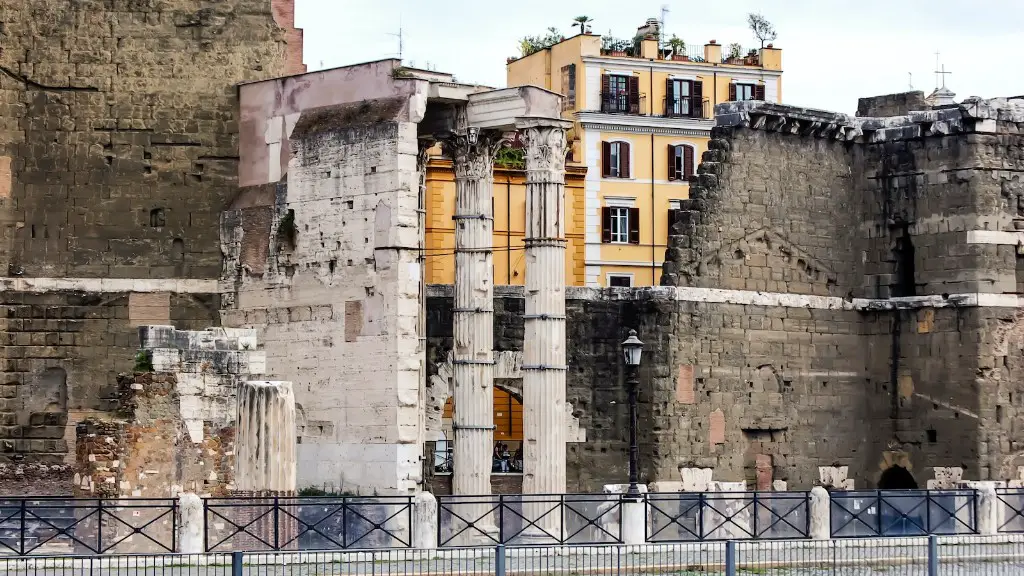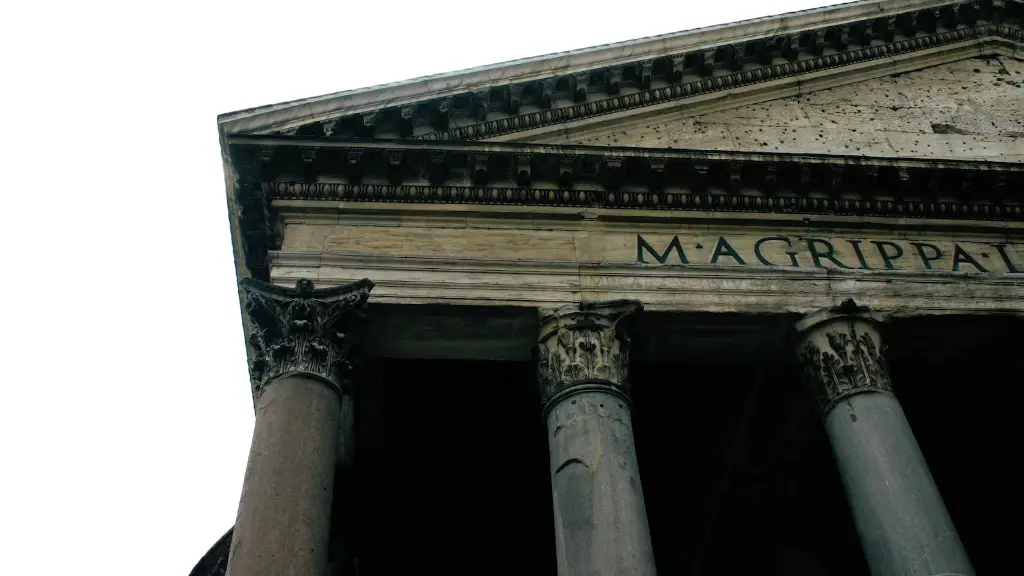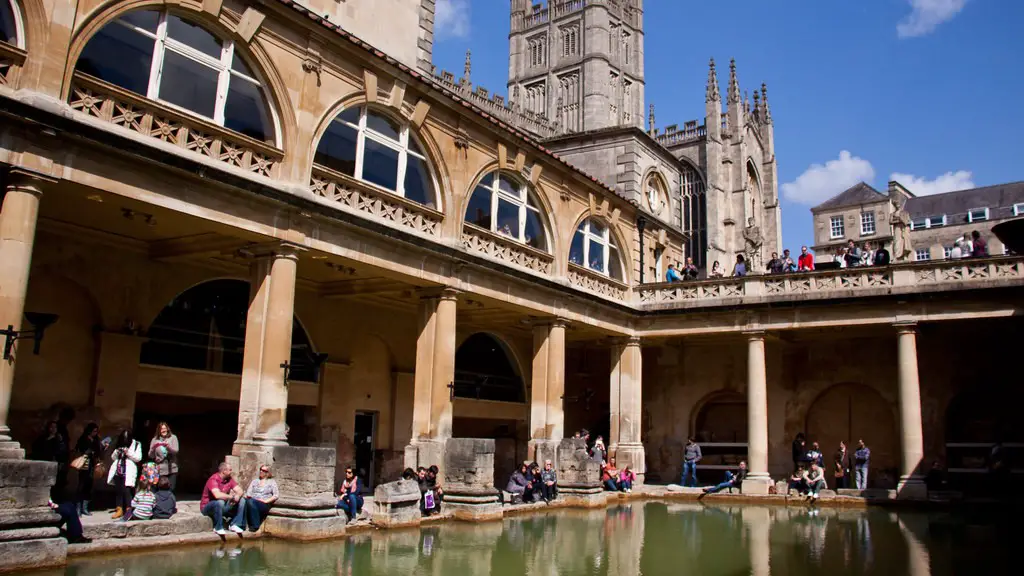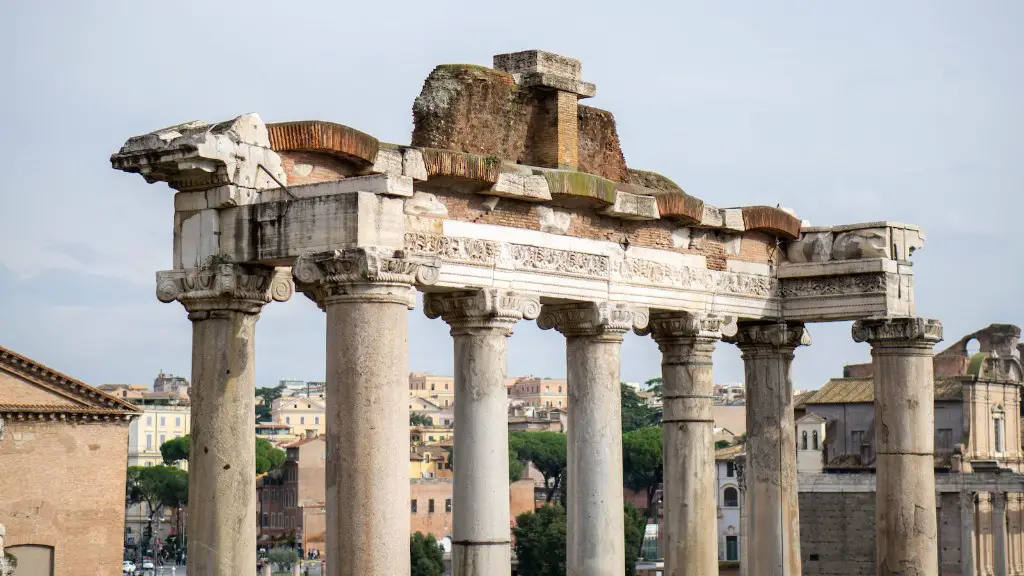Biography
Marcus Junius Brutus is an iconic figure in ancient Roman history, best remembered for his role in helping to bring about the end of the legacy of Julius Caesar in both popular memory and in the annals of Rome. Brutus was born in 85 BCE in Rome, to a family of renowned political and military importance in the Republic. He was already of sufficiently high standing by 63 BCE that he was able to join a cabal of Roman senators, headed by Lucius Cinna, who assassinated Julius Caesar.
Biographically, Brutus was a stoic patrician with an unyielding commitment to what he viewed as the greater fortunes of Rome. He was the son of Marcus Junius Brutus, who had previously been consul of Rome in one of the last brief breathers of its republican legacy, a single-year return to the republic’s system of government in 77 BCE. His father’s death prior to the fall of the Republic drove Brutus further into the deep commitment he had always held for the Republic’s message of pooled power and authority.
Early Life
As a young man, Brutus was educated by the famous Greek rhetorician and philosopher, Apollonius Molon, in his native city of Rome. He was well-versed in eloquence and the medium of philosophy, which fueled his commitment to the republican cause. Rising with the ascension of Julius Caesar to power, he nevertheless remained committed to the cause of the Liberators, the group of republicans determined to end the strong authoritarian leadership of Julius Caesar and to restore the Republic’s laurels.
Brutus’s rhetoric and passion for the Republic caused him to stand out among his contemporaries. He was prone to voracity in the political sphere and found his way into the inner circle of anti-Caesarians led by Cassius. He became one of their primary spokesmen after orations on the part of people such as Cicero also rallying around their cause.
Power of Julius Caesar
It was Julius Caesar’s increased aggrandizement of power, namely in declaring himself effectively the Emperor of Rome that pushed Brutus to the cause of the Liberators. His ambition knew no bounds, and the tyranny of Caesar’s rule threatened the prospects of the Republic. Brutus’s supposed agency in the assassination of Julius Caesar gave him a uniquely public reputation, served only to add further to his fame.
After the original assassination, Brutus continued to remain at the vanguard of the Republic’s cause as its leadership shifted into the hands of its generals. He was a champion of the idea of Rome as a beacon of liberty, exemplified by the Roman Republic in its purest form. His efforts lead him to a series of military campaigns beginning in 43 BCE and culminated in 42 BCE with the Battle of Philippi, where Brutus and Cassius were decisively defeated by their former associates after Julius Caesar’s assassination, Marc Antony and Octavian.
Suicide of Brutus
Actor Niketas Stethatos, who portrayed Brutus in the Astrakhan Church’s re-enactment of the assassination of Julius Caesar.
After his defeat at Philippi, Brutus committed suicide, ensuring his death would be seen as a final contribution to the cause of the Roman Republic, rather than a submission to the cause of Antony and Octavian. He died on October 23, 42 BCE, exactly 17 years after Julius’ assassination, restoring some degree of symmetry to the cause of the Republic’s restoration.
His legacy has continued far past the reign of Julius Caesar and the fall of Philippi, where he and Cassius’s combined efforts to restore the Republic ultimately failed. He is remembered for his commitment to the ideal of a Roman Republic, and for the incredible commitment he demonstrated in two decades of both personal strife and military conflict. Even the name of Brutus became synonymous with betrayal and treason, a potent reminder of the force of Julius Caesar’s legacy.
Political Impact of Brutus
The political impact of Brutus, though lasting to the present day, was short-lived. The presence of Marc Antony and Octavian’s combined forces and their turn against the cause of the Republic following the death of Julius Caesar effectively snuffed out the flame of Brutus’s passion. Once again, Rome became an autocratic empire, where the ruling monarchs had unchecked control over the citizens.
Despite Brutus’s failure, his memory lives on and his story remains one of a mere mortal conquering his own emotions in the face of great internal struggle and adversity for the sake of fulfilling a higher goal. This legend lives on to this day, inspiring the people of Rome to struggle for liberty and freedom from oppressive and tyrannical rulers, as Brutus had done in his lifetime.
Brutus Depicted Through Art
The dramatization of Brutus’s life and deeds has been widely popularized through novels, plays, movies and other forms of art throughout the years. His story has resonated within the popular imagination as an example of what a single individual can do in the name of freedom and liberty.
William Shakespeare relied heavily on the story of Brutus while writing his play Julius Caesar, which has become one of the most performed works of theatre in history. Often depicting the story as a portrayal of a misguided loyalty that only becomes overshadowed by the larger-than-life ambitions of Julius Caesar himself.
Artists ranging from Plutarch to the painters of the French Revolution have used Brutus’s story to inspire various works of art, from sculptures to paintings, depicting the Liberator’s immense stature and heroism.
Brutus in Movies
The story of Brutus has been depicted in countless movies. The 1979 movie Julius Caesar, a reworking of the Shakespearean play, saw Brutus’s role largely portrayed through Richard Chamberlain’s acting, and the 1957 Italian epic Julius Caesar saw Brutus portrayed by actor John Gielgud.
Through cinema, Brutus has been shown as both a fool and a hero, at turns being depicted as a strong and noble leader and at others as a naive and hostile foil to the ambitions of Julius Caesar and his allies.
The story of Brutus has certainly been one of tragedy and a failed ideal. Nevertheless, the legacy of Brutus has been kept alive through the words of plutarch, The bard’s works and even the last two centuries’ worth of cinema, where the story of Brutus lives on.
Legacy of Brutus
In current discourse, Brutus’s legacy is one more of moral commitment and courage than it is of success in the political sphere. By standing firm in defense of a cause he believed was doomed to failure, Brutus stands as an example of supreme dedication of a single individual to a cause, with the understanding of the implications of his heroic actions.
Brutus represents a figure of courage and fortitude, not merely in the moment of Julius Caesar’s assassination, but in all his actions as a defender of the Roman Republic. Drawing bravely upon the lessons of his father and Cicero before him, Brutus stands as an example of resilience, determination and moral fortitude in the face of moral hazard, political pressure and daunting odds.
Statue of Brutus
In memory of the Liberator, a statue of Brutus stands proudly in the Roman Forum. Designed by the great Italian sculptor Giuseppe Mazzuoli, the statue is of modest proportions and does not depict the scenes of violence that many of the statues around it do, but rather shows Brutus with a hand raised in defiance.
The Forum had previously served as the site of Julius Caesar’s funeral ceremony, with this statue of Brutus standing as an everlasting reminder of the failure of tyranny and the advent of liberty. Seen as a symbol of public support for democracy and the rejection of absolute power, the statue serves as a constant reminder of the power and potential of an individual in times of strife.
Brutus stands as a symbol of strength, yet also of humble veneration, to the cause of liberty and freedom.
Brutus in Popular Culture
The figure of Brutus has been iconic in popular culture, being featured in various plays and movies, from Julius Caesar to Assassins Creed and even numerous plays in Soviet Russia. His story and the lessons it teaches crop up periodically in various aspects of culture, history, even in the vernacular for describing betrayal and treason: “the Brutus”.
Despite his failure, Brutus’s legacy continues, serving to emphasize the courage and commitment a single individual can have in times of struggle, as well as embodying the values of freedom and liberty.
Death & Burial of Brutus
Brutus met his end at the Battle of Philippi in 42 BCE, finally giving his all to the republican cause with the ultimate sacrifice of his own life. His last words, “O, Julius Caesar, thou art mighty yet!” reflect the end of his personal struggle with the tyrannical rule of Julius Caesar and the subsequent realization that, despite Brutus’s valiance, Julius’s reign as Emperor had paved the way for the re-establishment of autocracy in Rome.
The exact location of Brutus’ burial site is unknown, but some believe he was most likely buried in the same tomb as his mother, Servilia. Some argue that Brutus’s remains may even have been interred in some kind of secluded monument, which was later plundered for its valuables. Nevertheless, it is generally agreed that Brutus was likely buried in a lavish and dignified burial, befitting an individual of his stature.
Brutus and the Legacy of the Roman Republic
Though the hope for a Republic system of government in Rome was ultimately dashed by the reign of Julius Caesar and Marc Antony and Octavian, Brutus lives on as a figure firmly committed to the values of democracy. His efforts live on through the words of those who defended the Republic, the relative peace and prosperity that it brought, and his last stand at the Battle of Philippi.
Arguably, Brutus’ influence continues to be felt across the world today, as society seeks to discredit the notion of a powerful few usurping the rights of many, and strive to restore the ideals of freedom and liberty at the heart of the Roman Republic as professed through its earliest incarnations.



